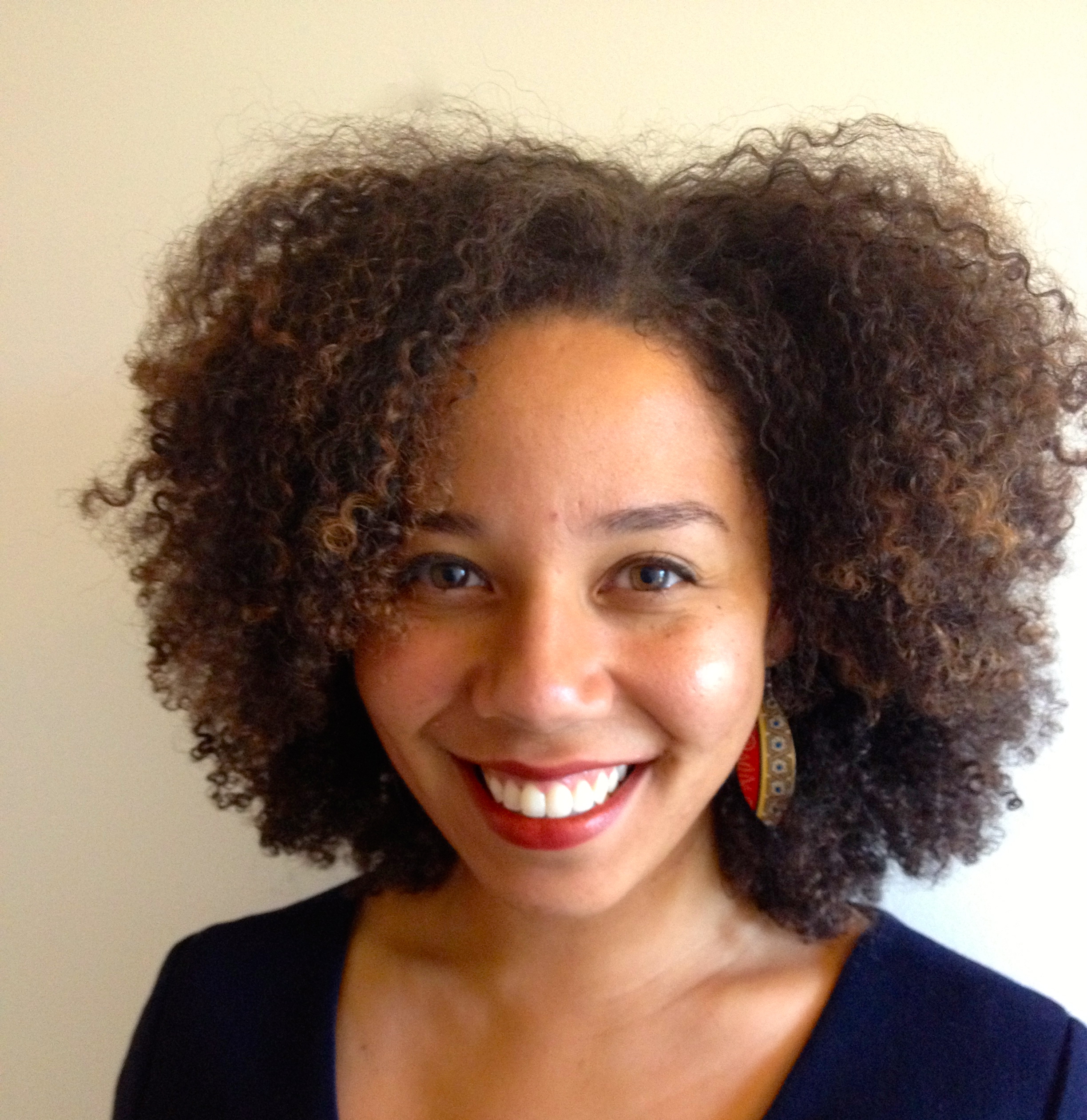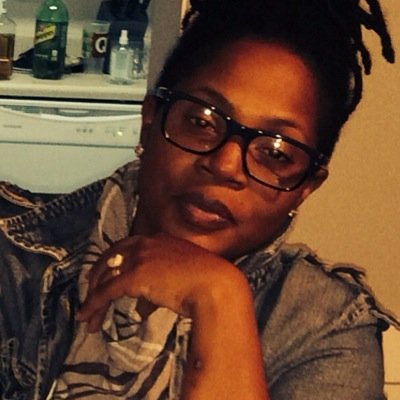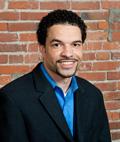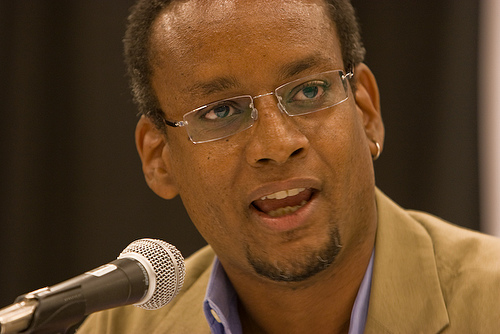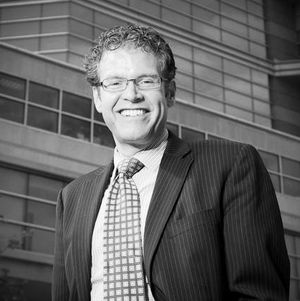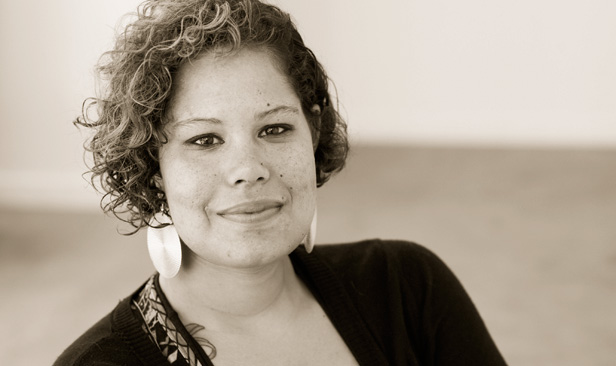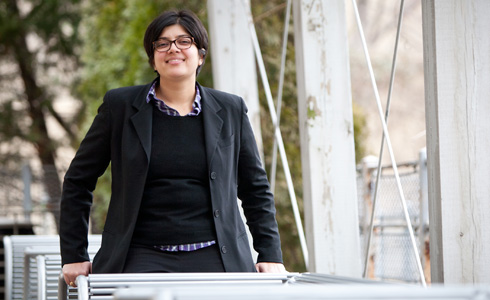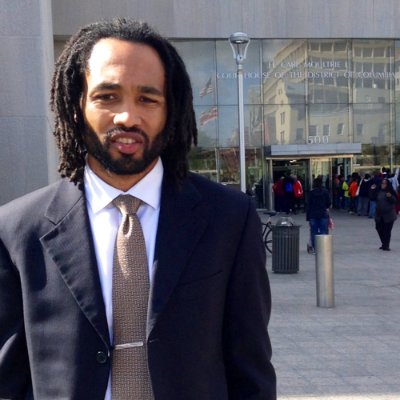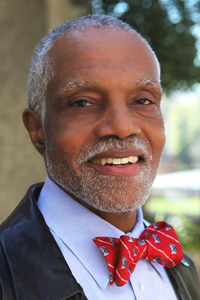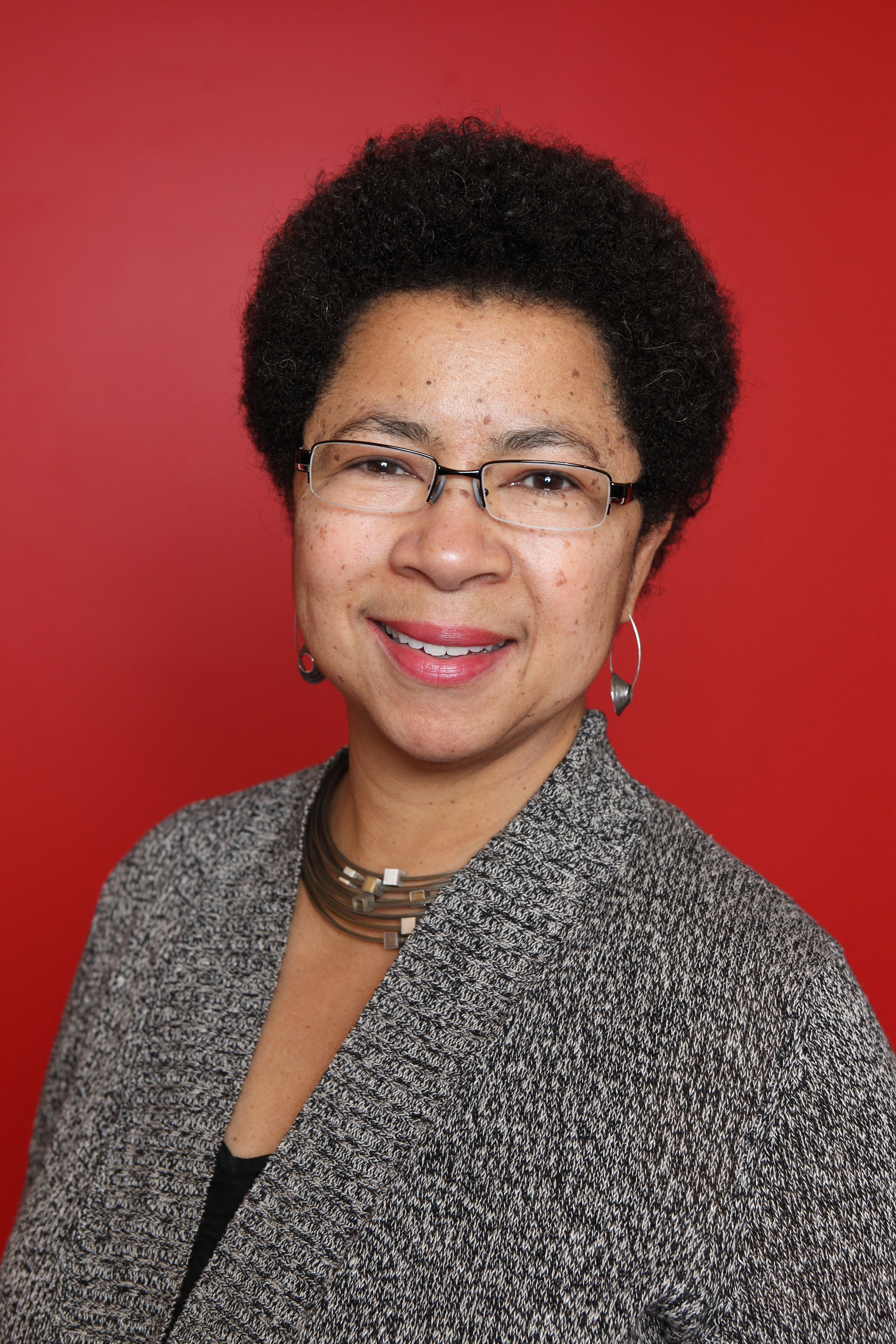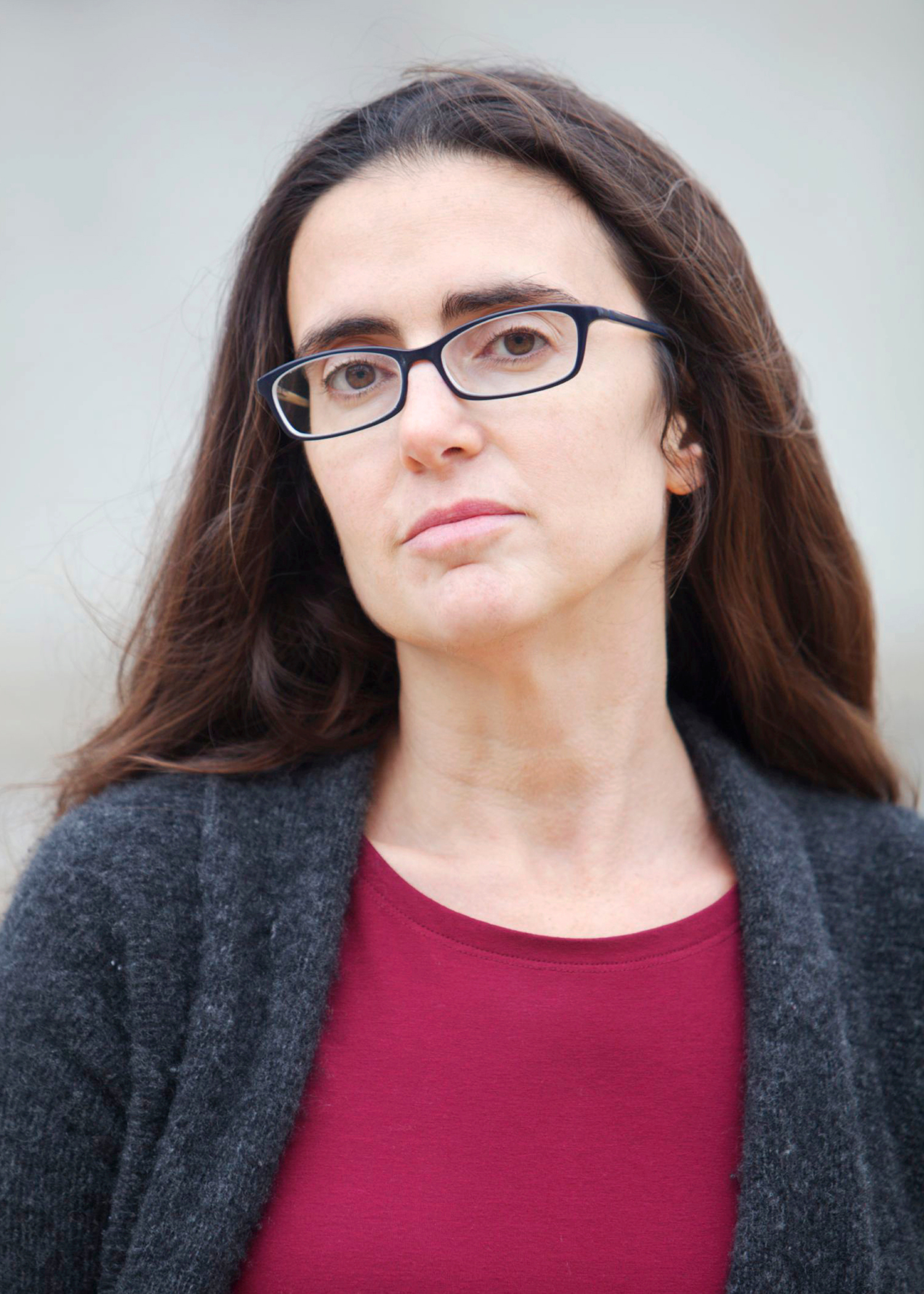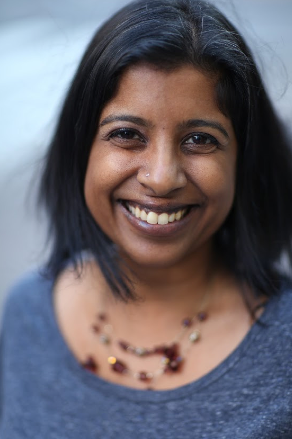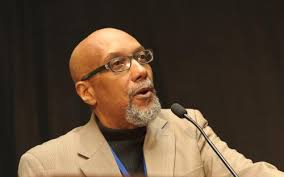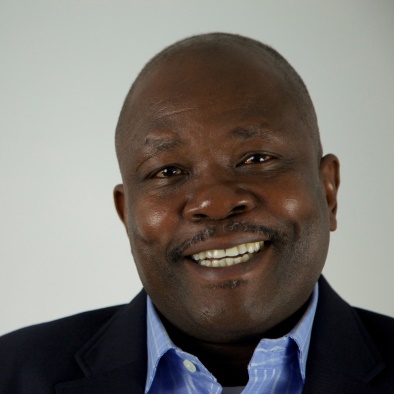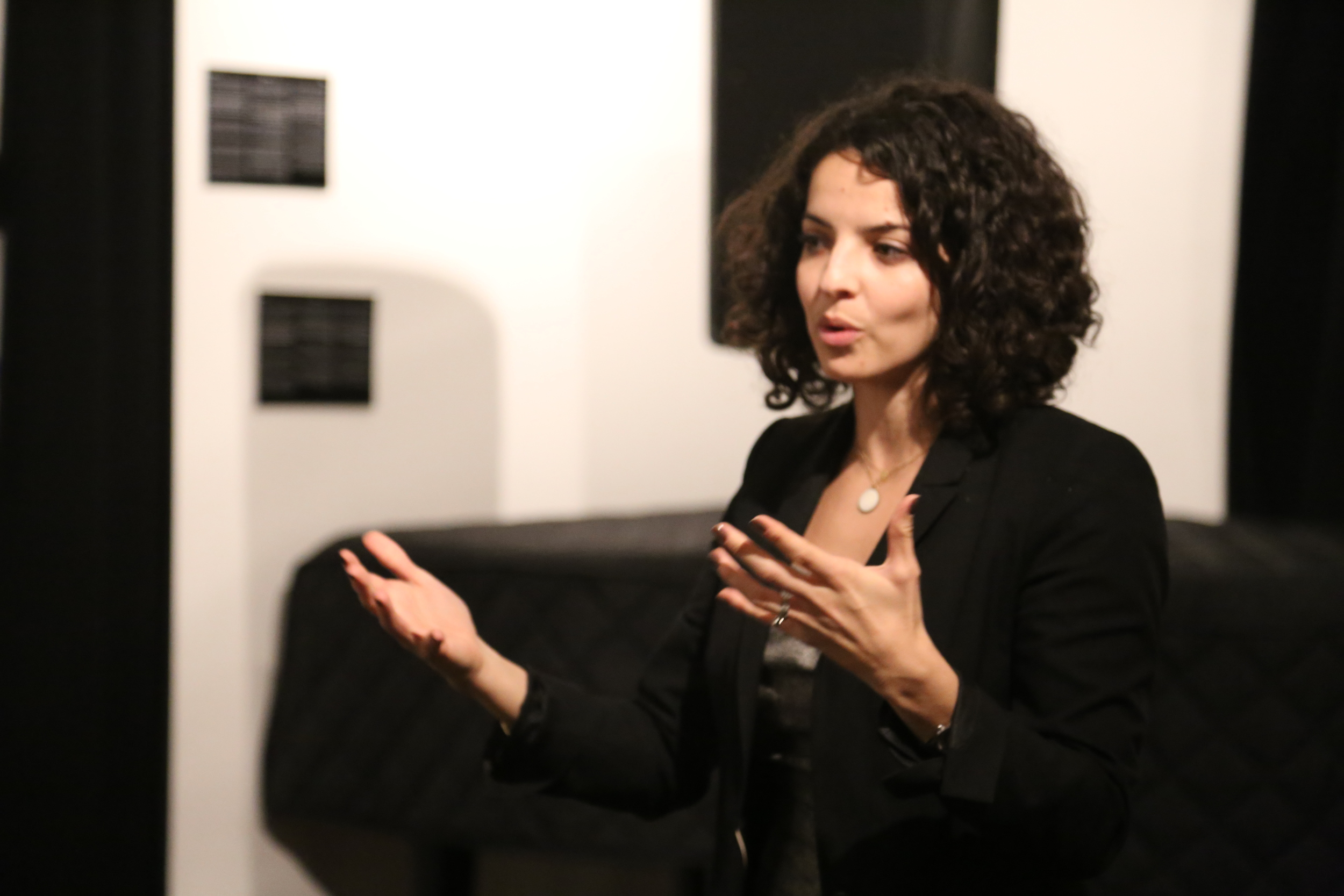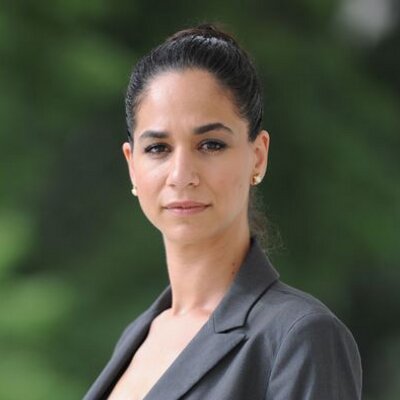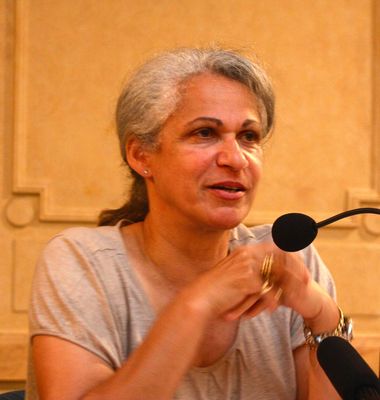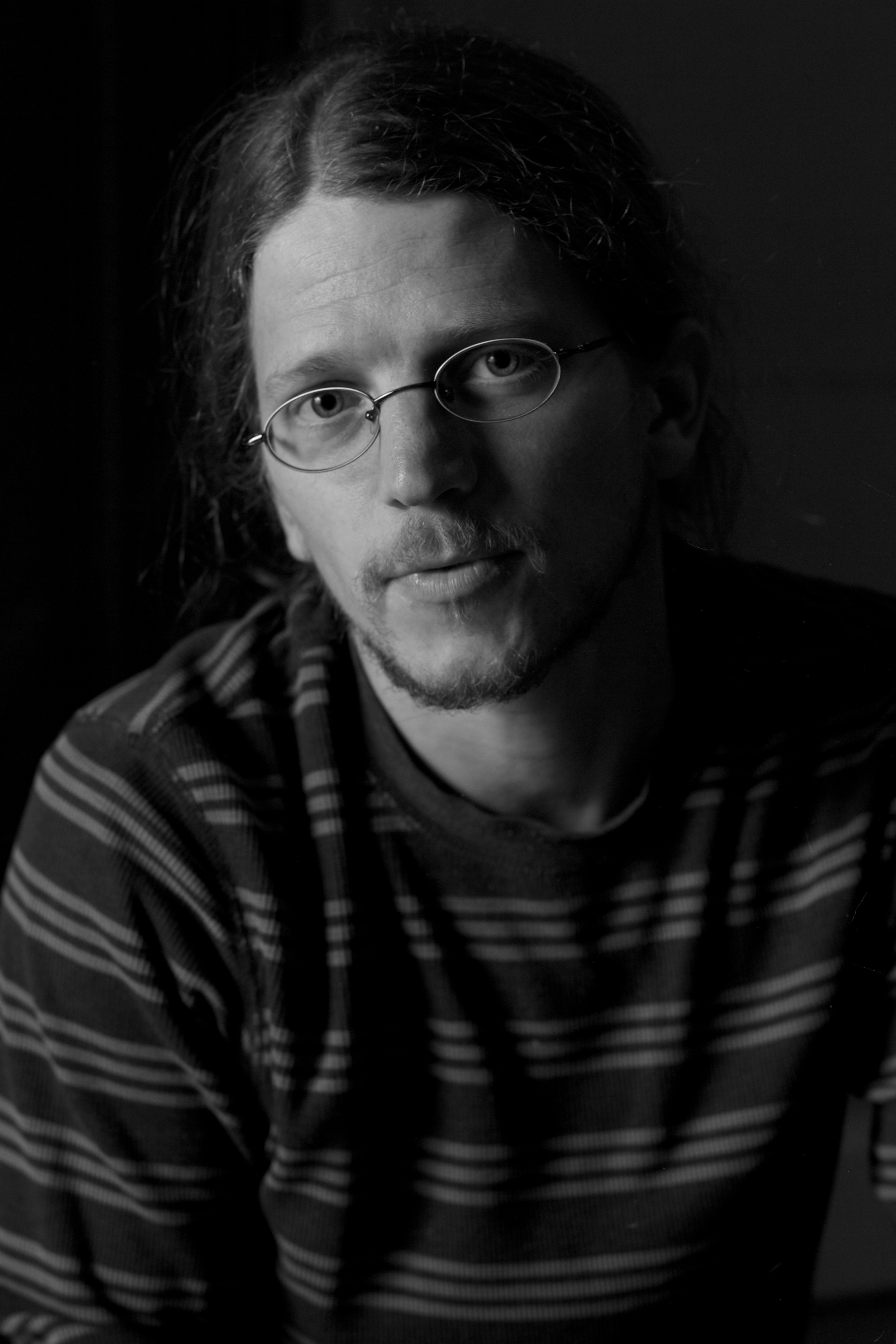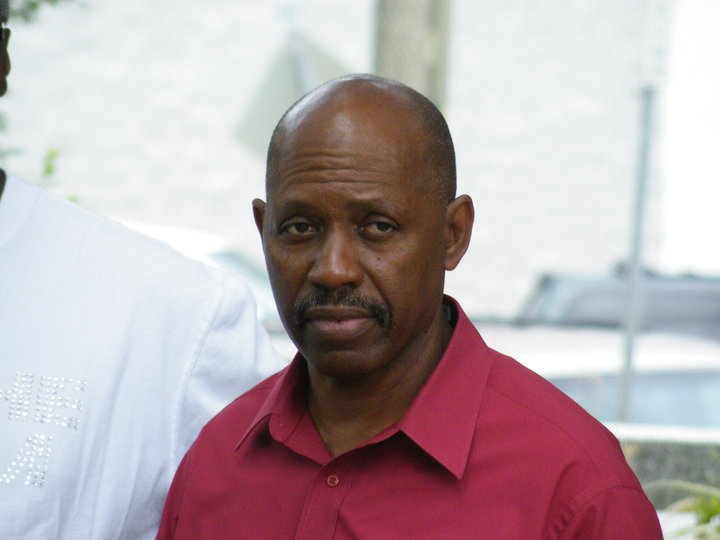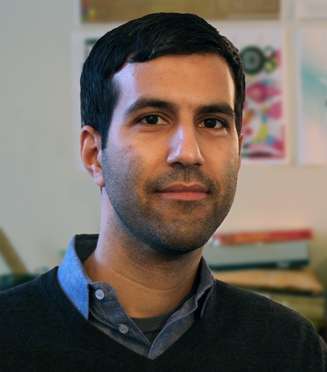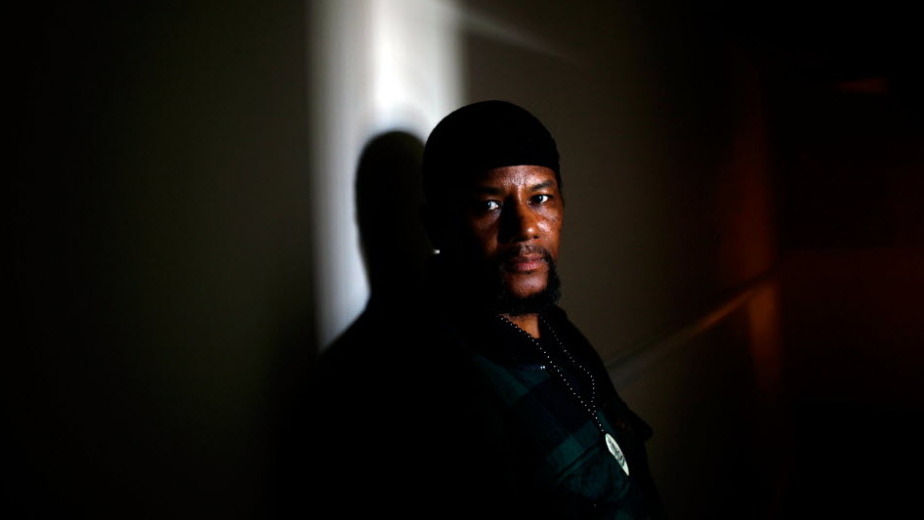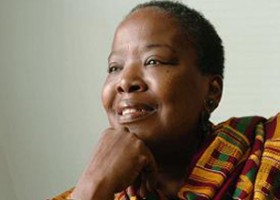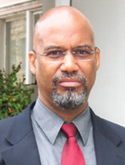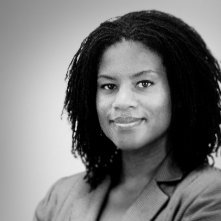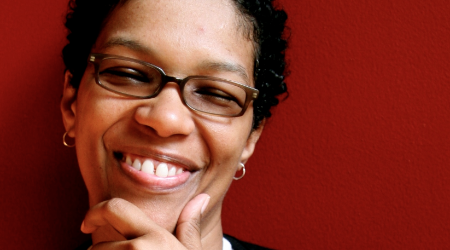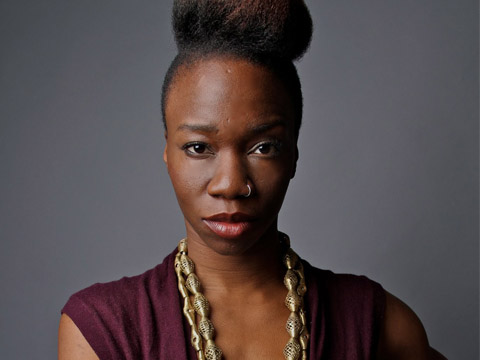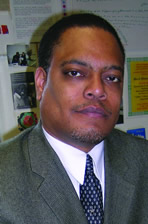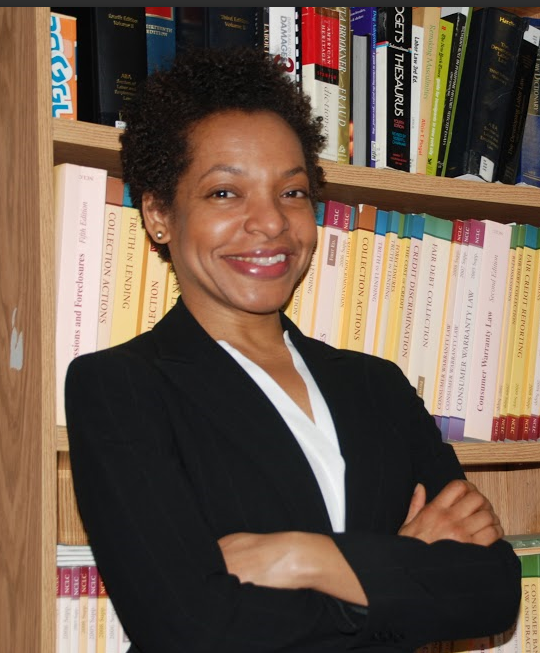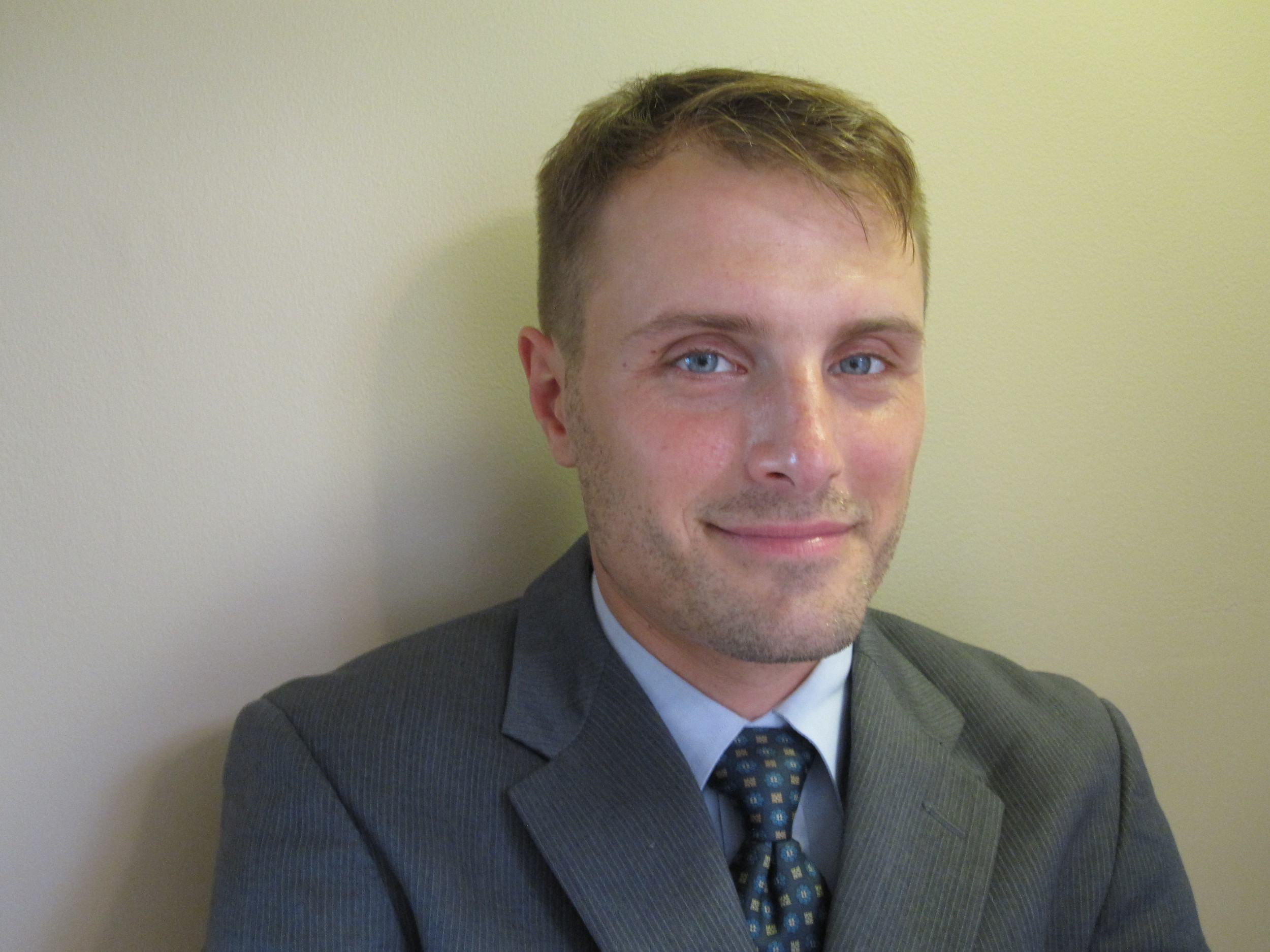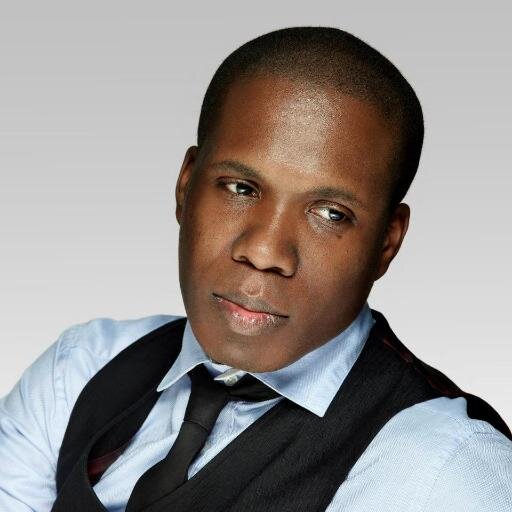AUGUST 1 - SATURDAY - COLUMBIA UNIVERSITY – HARLEM
10:30-12:00 PM
Economics of Police Violence: Police Unions, Private Prisons, Municipal Fees Lerner Hall 555
“I want that money or I will arrest you” ---Slavery By Another Name, Douglas Blackmon. While Constable Robert N. Franklin spoke these words to John Davis in 1901 Alabama, it’s not hard to imagine them being spoken by police or judges in modern day Alabama, Ferguson, Milwaukee, Atlanta or any number of jurisdictions across the United States. The legal system in America has always been about racism and capitalism, from slavery to Reconstruction era Black codes and from the drug war and “broken windows policing”, the systematic over-enforcement of petty offenses in Black communities has been an integral part of maintaining white supremacy, destroying black lives, and generating revenue in the United States. The Department of Justice investigation into Ferguson, whatever its deficiencies, was historically significant in its recognition that police and local courts worked in concert to criminalize Black lives and generate revenue. In addition to discussing the ways in which the impunity afforded police and courts encourages for profit policing and excuses police violence in communities of color, this panel will showcase the ways lawyers can support the goals of local communities and movements to dismantle the financial incentives of policing.
The Role of Law Schools in the Movement for Black Lives Hamilton Hall 602
Many law school faculty, students, and administrators claim deep commitments to the struggle for racial justice. However, while some have been actively engaged in the Movement for Black Lives, others have struggled to find a way in. This panel will discuss the engagement of the movement with law school student organizations, law faculty, law clinics, critical race scholarship, and law school classroom teaching, seeking to create a strategy for shifting law school administrative priorities towards movement goals. The aspiration is that all attendees will walk away much closer to having an answer for broader overarching question: how can law school institutional resources best be leveraged to support the movement for black lives
#HighImpactLowEgo: Leadership Lessons from Black Women Hamilton Hall 517
This session is devoted to exploring Black movement history --on the histories we get vs. the histories we need, on the fables and distortions of movement history in our public conversation and the necessity to recover a fuller history of these earlier struggles for our movements today. Specifically the session will focus on Black women's roles and pioneering work in the civil rights and Black Power movements— on cross-generational alliances, organizing and leadership, and what long distance runners like Rosa Parks, Ella Baker, SNCC and Black Panther women give us for today's movements.
Global Solidarity: Struggles Against Racism & Police/State Violence Around the World Hamilton Hall 702
As the Movement for Black Lives builds, there is a growing consciousness of the transnational institutions of oppression and racism that have birthed movements against state violence and militarization worldwide. From the US training and police militarization in countries like Israel and Colombia, to xenophobic, anti-Black policy-making in the Dominican Republic, important ties need to surfaced in order to build a transnational movement that targets the institutions driving the dehumanization and violence against certain ethnic, racial or other socially marginalized groups. This panel will include lawyers and directly impacted people from diverse national contexts to exchange strategies and begin to draw the connections between state violence in the U.S. and globally.
Fighting Mass Incarceration from Inside & Outside Prison Walls Lerner Hall Party Space
Those of us fighting for Black Lives on the outside have much to learn from incarcerated and formerly incarcerated activists who fight for their lives and their dignity from behind prison bars. Incarcerated people risk retaliation, and abuse every day to organize inside; it is essential that their leadership be recognized as we struggle together to end mass incarceration and the racist criminal justice system. Join former jailhouse lawyers, formerly incarcerated advocates, and lawyers challenging prison abuse to discuss our shared struggle to break down the prison walls.
Working While Black: Building the Power of Black Worker Movements Hamilton Hall 717
Black workers continue to face a dual jobs crisis of unemployment and low-wage, poor quality jobs. With Black unemployment consistently twice than of white unemployment access to jobs remains a very real barrier to economic security in many communities. Simultaneously, attacks on public sector employment, declining unionization, and growth of service sector jobs disproportionately impact Black workers. Across the country, Black workers have and continue to join together to form worker centers to create progressive Black worker-led organizations to build political and economic power. This panel will explore the range of Black worker centers, their goals, the legal and policy tools that have advanced their campaign goals, and their visions for Black organizing.
- Moderator: Angelia Wade Stubbs, Associate General Counsel, AFL-CIO
Trauma & the Law: Healing for Our Clients, Ourselves & Our Communities Mathematics Hall 203
The legal system is traumatizing. In the case of the #BlackLivesMatter movement, black and brown legal advocates are faced with an increasingly thin layer of separation between the bodies they stand in defense of and their own. Moreover, while we lack tools and awareness to deal with our own trauma, we are often charged with the responsibility of helping traumatized clients and communities navigate the legal system. Despite these realities, many legal advocates are under-resourced to navigate the imprint of emotional and psychological trauma that the legal system inflicts on ourselves, our clients, and our communities. Without trauma awareness, a healing justice framework, a toolset and skills to process them, symptoms of trauma can shape our lives in unwanted ways. Join us for a pioneering discussion on the power and possibility of bringing a healing justice framework to our legal work.
Copwatch Training Hamilton Hall 302
Every day we see and hear of more and more cases of police brutality. Eric Garner, Walter Scott, Rekia Boyd, Sandra Bland, Papi Edwards, Yasmin Vash Payne. Monitoring and documenting the police – a practice known as “Cop Watch” – helps gather evidence of police misconduct and can help deter and de-escalate brutality. However, Cop Watching is not without risks and is not always easy to do. Come to this training led by NYC Copwatch to learn how to safely, effectively and radically watch the police.
- Jane Ledesma, East Flatbush Team
- Simone Gamble, East Flatbush Team
- Keeshan Agostini, Bushwick Team
- Julien Terrell, Harlem Team
Movement Lawyering 101 - Best Practices for Collaborating with Organizers/Activists (Repeated Session) Mathematics Hall 312
Legal advocates have the skills to play a crucial role in movements for justice--we defend the right to protest, draft legislation, conduct know-your-rights sessions and file litigation on behalf of individuals and organizations. However, despite our skills and best intentions, organizers and activists often recount examples of where legal advocates were in severe conflict, worked at cross purposes, and/or ultimately did more harm than good to political and social movements. In this interactive and participatory workshop, participants will have the opportunity to strengthen their understanding of how to work collaboratively with organizers and activists to build social movements that have the power to win. Specifically, in the workshop participants will: explore the range of roles legal advocates play & the competing trade-offs of varying approaches; identify the core strategies, tactics, and skills of movement legal work; share real stories of cases/campaigns and constructively reflect on challenges and opportunities; discuss power & privilege and the importance of an anti-oppression framework to movement legal work.
Encrypt By Any Means Necessary (Repeated Session) Hamilton Hall 303
We now know that every message, phone call, postal mail, and online chat conversation you have ever had has been watched, recorded, and archived. All of this information can be searched and used against legal advocates, activists, and clients. In this session you will learn about the political context to digital and mass surveillance and how to communicate so only the recipient and sender get the message. Bring your computer or your phone to get the most out of this session. If you can't make it to this workshop, please visit the "Digital Security Clinic" to learn more and have your questions answered by experts.

